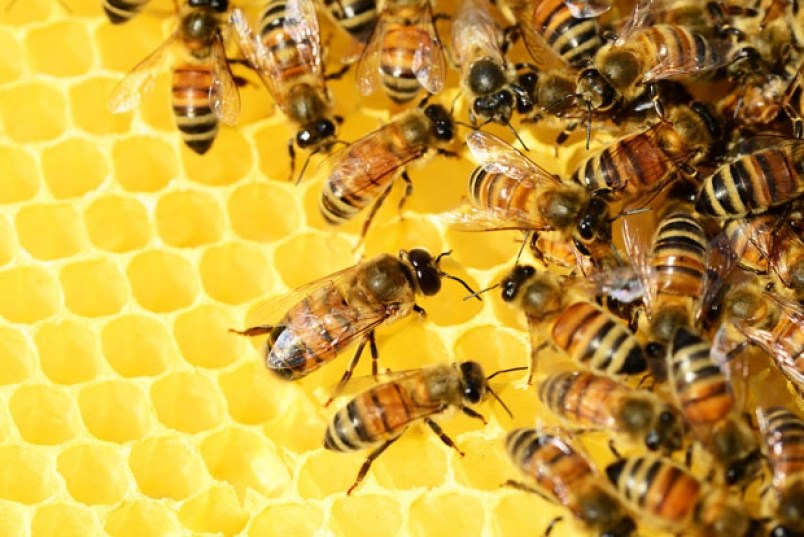If they could speak, the birds, bats, bees and rabbits of Richmond would probably offer some words of gratitude to the city.
Grants to build pollinator gardens, bee hives and bat boxes, to educate the public on bird populations and on not abandoning domestic rabbits and to remove invasive species are being considered by city council’s parks, recreation and cultural committee next week.
The grants – if approved by city council – will total just over $30,000. This is the first year the city is giving out environment-focused grants.
The list of recommended grants includes $2,500 for the Garden City Conservation Society to teach volunteer citizen scientists to identify sphagnum moss – otherwise known as peat moss - and map it at the Garden City Lands to eventually get it to spread.
Preserving peat moss has been brought up by Richmond city Coun. Michael Wolfe in previous meetings, and he told the Richmond News he thinks this grant will go a long way to protect it.
“We need to preserve the general uniqueness of what’s in the Garden City Lands,” Wolfe told the News.
He pointed out the fact there are lodgepole pines growing among peat moss at the southeast corner of the Garden City Lands is rare, classified as “red-listed plant association.”
Wolfe also noted peat moss retains water at high rates – which can help in dry seasons to preserve plants around it - and dead peat moss material, often buried deep underground, can capture large amounts of carbon.
Other environmental grants under consideration are earmarked for groups that want to encourage pollination and get rid of invasive species which can choke out native plants.
Richmond Society for Community Living has applied for a $2,500 grant to establish pollinating plants and create homes for birds, mason bees and hummingbirds.
Other grant applications, for example, by the Richmond Garden Club and Green Teams of Canada, will be to remove invasive species like Himalayan blackberry bushes and English ivy.
Furthermore, the Richmond Secondary Green Team – in conjunction with the Garden City Conservation Society – wants to create an outdoor classroom at the school and a “pocket forest,” which will “provide shade, education, mitigate climate events, and bring together the community.”
Next year being the Year of the Rabbit in the Chinese horoscope, Rabbitats Rescue Society will have an advocacy and educational campaign to focus on “unwanted and abandoned domestic rabbits populating Richmond.” The society has applied for a $2,500 grant from the city.
As for encouraging bat populations to expand, Coastal Partners in Conservation Society could get a $2,500 grant to public education and to install bat boxes throughout the city.
The only grant not being recommended by city staff for approval is tree planting at the Richmond Day School because it the school is located on private property.



